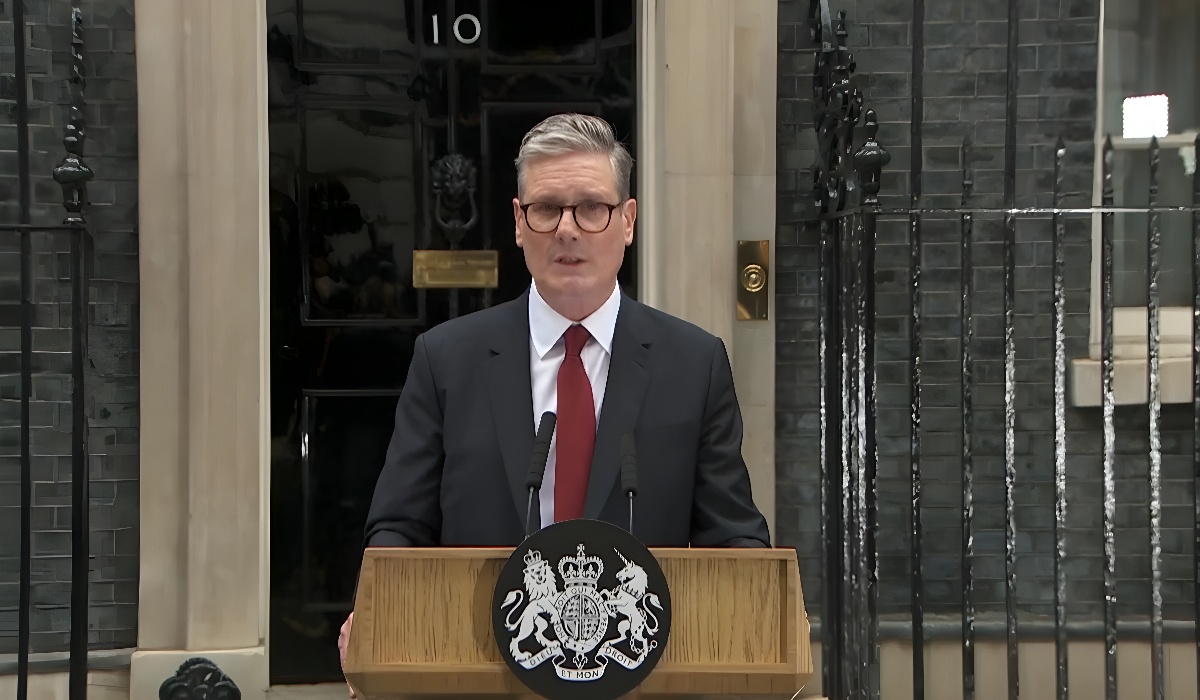UK Government Awards £20 For Next Generation Of Electric Vehicles
- TDS News
- United Kingdom
- June 17, 2021

Promising electric vehicle technology innovations are a step closer to becoming reality as winners of zero-emission vehicle competition are announced.
Projects to power up the electric vehicle (EV) revolution have received a boost through the government’s £20 million research and development competition, Transport Secretary Grant Shapps has announced today (17 June 2021).
Among the winning projects are:
- an onboard plug-in device that provides drivers with data on battery health to improve the experience of buying secondhand EVs
- a kinetic battery that will provide a temporary power boost for charging the next generation of ultra-fast EVs at peak times in rural areas
- a zero emission ambulance with a hydrogen range extender designed from the ground up
- the development of a solar-powered refrigeration unit for small commercial vehicles
The funding, awarded to 62 promising electric vehicle technology innovations, could unlock some of the biggest barriers to EV ownership by providing groundbreaking solutions to battery health and charging for both urban and rural areas.
To support the transition to zero emission vehicles, chargepoints need to be easy to use, accessible for all and fit alongside our existing street infrastructure.
“As we accelerate towards a zero-emission transport future, the Department for Transport has also launched a project to find an iconic British design for public chargepoints, which could see our chargepoints become as recognisable as a red post box or a black cab. The resulting design is set to be unveiled at COP26 in Glasgow this November.” Said Transport Secretary Grant Shapps
This investment will help ensure the UK remains a world leader in EV design and manufacture. Previous research and development funding from the Office for Zero Emission Vehicles (OZEV) has supported the UK’s first solar electric forecourt in Braintree, Essex. The solar canopy and the multi-megawatt battery storage system provide sustainable and low-cost energy, as well as helping to balance demands on the electricity grid. The project hopes to make EV charging as easy as using a petrol station.
A separate project is trialling vehicle-to-grid technology, enabling EVs to store and sell energy back to the grid during increased levels of demand. The owners of the 320 EVs involved in the trial saved an average of £420 on their annual electricity bills.








